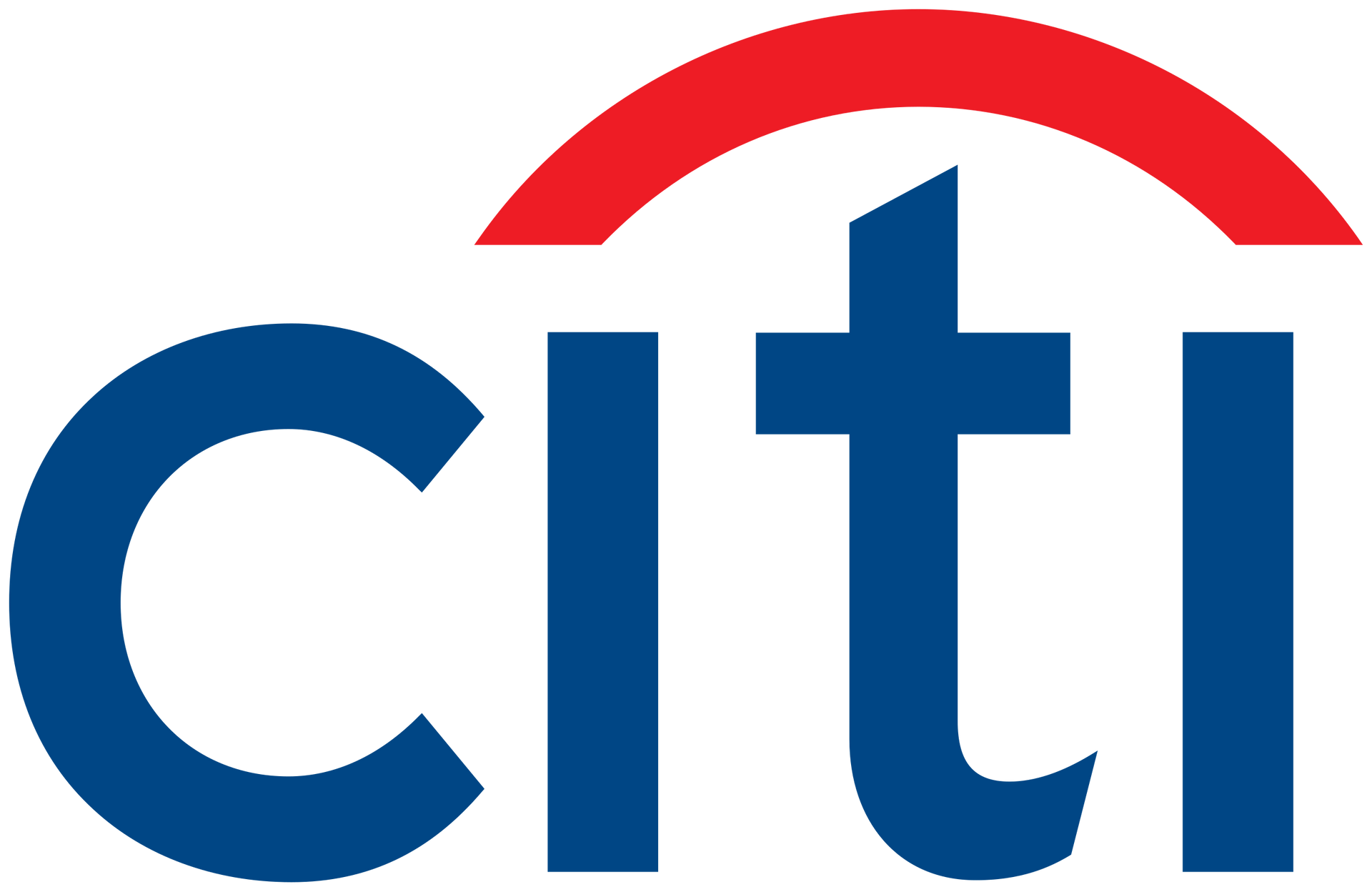The Benefits of Making Extra Mortgage Repayments
Owning a home is one of the biggest investments most people make, but it often comes with a large financial commitment in the form of a mortgage. While paying off a mortgage over time is common, making extra repayments can significantly reduce the overall amount paid and shorten the loan term.
In this guide, we’ll explore how these additional payments save money, reduce interest, and provide a sense of financial freedom sooner than expected.
How Extra Mortgage Repayments Save You Money
Mortgages accrue interest on the remaining loan balance, meaning that a substantial portion of early repayments covers interest rather than principal. However, when you make additional payments, those funds directly reduce the principal amount. This, in turn, decreases the interest that accrues in future periods, reducing the total interest paid over the life of the loan.
For example, with a $500,000 mortgage at a 4% interest rate over 30 years, the interest cost alone can reach around $359,000. Even modest extra repayments can lead to substantial savings.
Key benefits of making extra repayments:
- Reduced Interest Costs: By lowering the principal faster, you pay less in interest overall.
- Faster Loan Repayment: Additional payments allow you to pay off your loan ahead of schedule.
- Increased Financial Flexibility: Paying off your mortgage sooner can free up funds for other goals, such as investments, holidays, or retirement.
Reducing Your Loan Term
Making extra payments doesn’t just lower the total interest; it also shortens the loan term. With each extra payment, you’re paying down the principal more quickly, meaning you will reach your “mortgage-free” day sooner. This can be especially advantageous for homeowners nearing retirement, as reducing the loan term may allow them to retire without mortgage debt.
To illustrate, if a homeowner with a 30-year mortgage adds $200 a month to their repayment, they could pay off their mortgage about five years earlier than initially planned, depending on the loan terms and interest rate. This early completion reduces stress and provides financial security sooner.
Flexibility of Making Extra Mortgage Repayments
Most lenders provide flexible options to make extra repayments. It’s essential to check with your lender to ensure there are no penalties for additional payments, especially if you have a fixed-rate mortgage. Variable-rate mortgages tend to be more flexible with repayment options.
Some common options for making extra repayments include:
- Monthly Top-Ups: Adding a small amount to your monthly payment, such as $50 or $100, which can add up over time.
- Lump Sum Payments: Directing bonuses, tax refunds, or windfalls toward the mortgage for a larger principal reduction.
- Offset Accounts: Many mortgage packages offer an offset account, where deposited funds offset the mortgage balance, reducing interest while keeping the funds accessible.
Case Study: Savings from Extra Repayments
To provide a concrete example, let’s look at the potential savings from making an extra monthly payment of $200 on two different loan amounts, each with a 30-year term at a 4% interest rate.
| Loan Amount | Standard Monthly Repayment | Extra Monthly Repayment | New Monthly Repayment | Interest Saved | Loan Term Reduction |
|---|---|---|---|---|---|
| $400,000 | $1,910 | $200 | $2,110 | $68,000 | 5 years |
| $500,000 | $2,387 | $200 | $2,587 | $85,000 | 4.5 years |
Analysis: By adding just $200 per month to their mortgage repayments, borrowers can save tens of thousands of dollars in interest and reduce their loan term by several years. These savings grow with the loan amount, highlighting the value of even small additional payments.
Tips for Making Extra Repayments Work for You
- Start Early: The earlier you start making additional payments, the more you save on interest.
- Automate Extra Payments: Set up a direct debit to ensure you consistently make additional payments without thinking about it.
- Review Your Budget Regularly: As your income or expenses change, consider if you can increase the extra amount you're paying. Even adjusting it by a small amount can lead to significant savings over time.
- Take Advantage of Lump Sums: Use windfalls like tax refunds, work bonuses, or any unexpected financial gains to make lump-sum payments.
- Reassess When Refinancing: If you refinance, consider setting your repayments based on the original loan term to maintain your momentum in paying down the mortgage faster.
Why Extra Repayments is a Smart Financial Move
Making extra repayments on your mortgage can transform a long-term debt burden into a manageable financial commitment. By lowering the interest paid over the loan term, homeowners can save substantial amounts of money and achieve debt freedom sooner.
If you'd like to talk to a
mortgage broker, get in touch with Your Advisor Group on the Gold Coast.
Written By Tyler Cornish
Tyler is the principal mortgage broker at Your Advisor Group and has been in the industry for nine years. His experience and knowledge allow YAG’s clients to receive the highest chance of loan approval. Having helped all types of clients from first home buyers to experienced investors, Tyler takes the time to educate all his customers throughout their loan applications.




















